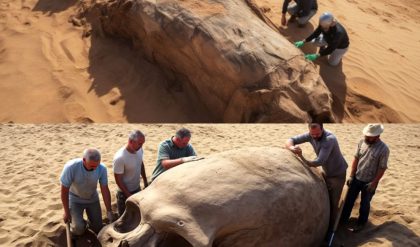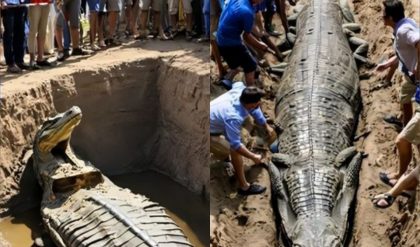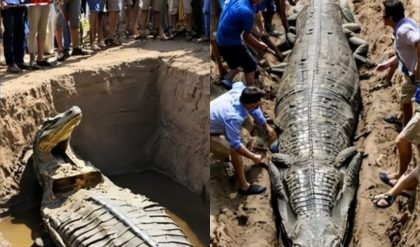Antarctica, the vast and icy landmass at the southernmost part of the Earth, has long been a source of fascination and mystery. Its harsh, remote environment, combined with its status as one of the least explored regions on the planet, has fueled speculation about what secrets it might hold. While scientific research continues to reveal valuable insights into the continent’s geology, climate, and biology, the idea that Antarctica hides things beyond human understanding captures the imagination of many.

Scientific Discoveries and Mysteries
Ancient Ice Records: Antarctica’s ice sheets contain layers of ice that date back hundreds of thousands of years. By analyzing these layers, scientists can study past climate conditions and atmospheric composition. However, the ice also harbors mysteries about ancient environments and potential past life forms that are not yet fully understood.
Subglacial Lakes: Beneath the ice sheet, there are subglacial lakes such as Lake Vostok, which have been isolated from the surface for millions of years. These lakes might contain unique microbial life adapted to extreme conditions. The exploration of these environments could potentially reveal new forms of life or provide insights into similar conditions elsewhere in the solar system.
Geological Anomalies: The continent features unusual geological formations, including mountain ranges like the Gamburtsev Mountains, buried beneath the ice. These formations challenge existing geological models and invite further investigation into their origins and significance.

Unexplained Phenomena: There are various reports of unexplained phenomena associated with Antarctica, including mysterious sounds, strange ice formations, and uncharted structures. While many of these phenomena can be attributed to natural processes or are the result of misinterpretations, they add to the continent’s aura of mystery.
Speculative Theories and Myths
Hidden Civilizations: Some speculative theories suggest that ancient or advanced civilizations might have once inhabited Antarctica before it became covered in ice. These theories often draw on myths, legends, and alternative interpretations of archaeological findings, though mainstream science does not support such claims.
Extraterrestrial Bases: The idea that extraterrestrial beings might have established hidden bases in Antarctica is a popular topic in conspiracy theories and science fiction. These theories often cite unusual discoveries or unexplained phenomena as evidence, though there is no empirical support for such claims.
Government Secrets: The notion that governments or secret organizations are hiding knowledge about Antarctica’s true nature is a recurring theme in conspiracy theories. While there is substantial scientific research being conducted, there is no verified evidence to support claims of hidden, extraordinary secrets.
Scientific Exploration and Challenges
Harsh Conditions: The extreme cold, high winds, and remoteness of Antarctica make exploration challenging. The continent’s icy terrain and climate pose logistical difficulties for researchers, limiting the scope and scale of exploration.
International Collaboration: Scientific research in Antarctica is governed by the Antarctic Treaty System, which promotes international cooperation and the sharing of research findings. This collaborative approach helps ensure transparency and broadens the scope of scientific discovery.

Future Discoveries: Ongoing research and technological advancements may uncover new findings and enhance our understanding of Antarctica’s mysteries. Innovations in drilling, remote sensing, and data analysis continue to push the boundaries of exploration.
In summary, while Antarctica is a continent rich with scientific intrigue and hidden potential, the idea that it conceals secrets beyond human understanding is more a product of speculative imagination and mystery than verified evidence. As exploration and research continue, scientists strive to unlock the continent’s secrets and gain a deeper understanding of its role in Earth’s history and the broader universe.





